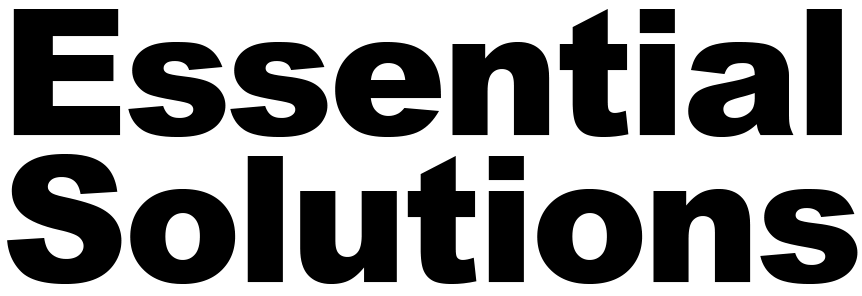FAQ
Frequently Asked Questions (FAQ) for Addiction and Recovery Services in Betsy Layne, KY, and Surrounding Areas
This page provides general information about addiction and recovery services. For specific details about a provider's services, policies, or treatment plans, please contact them directly.
General Addiction and Recovery
What types of addiction and recovery services are available in and around Betsy Layne, KY?
Services in the region often include a full continuum of care, from medically supervised detoxification and residential treatment to outpatient programs. Many providers also offer medication-assisted treatment (MAT), individual and group counseling, and case management services. Some providers may specialize in certain types of treatment or populations, so it's important to find one that fits your needs.
How long does addiction treatment take?
The duration of treatment varies widely depending on the individual's needs, the severity of the addiction, and the type of program. While some programs might be a few weeks, longer-term programs (several months to a year) are often associated with higher rates of lasting recovery.
How much does addiction treatment cost?
The cost of treatment can vary. Many providers accept major health insurance plans, including Medicaid. It's best to contact a provider directly and speak with their admissions or billing department to understand your specific coverage and potential out-of-pocket costs. Many facilities also offer payment plans or financial assistance for those who qualify.
What is a "whole-patient" approach to recovery?
A whole-patient approach addresses the various aspects of an individual's life that contribute to or are affected by addiction. This can include clinical, medical, spiritual, vocational, and educational programs. The goal is to provide a comprehensive path to a sustainable and healthy life.
Where can I find a list of treatment centers in the area?
Several treatment centers are located in Floyd County and the surrounding areas, including in Pikeville and Prestonsburg. You can use online directories or contact a local community health center for a list of accredited providers.
Counseling Services
What kind of counseling is offered for addiction and recovery?
Most recovery programs use a combination of individual and group counseling. Therapies such as Cognitive Behavioral Therapy (CBT) and Dialectical Behavior Therapy (DBT) are commonly used to help individuals identify and change thought patterns and behaviors related to substance use.
Do you offer counseling for issues other than addiction?
Many counseling centers in the area offer a wide range of services, including individual, couples, family, and trauma counseling. If you are seeking help for a co-occurring mental health disorder or another issue, it is a good idea to ask if the provider has specialists in that area.
Is virtual or telehealth counseling available?
Yes, many providers in Kentucky offer telehealth services, which can be a convenient and flexible option for individuals who have work, school, or family commitments or who face transportation barriers. These services are often HIPAA-compliant and secure.
Case Management Services
What is a case manager?
A case manager is a healthcare professional who acts as a guide and advocate for individuals navigating the recovery process. They work collaboratively with the individual to plan and coordinate care, track progress, and help connect them with community resources.
How can a case manager help me?
Case managers can assist with a variety of needs. They can help you find housing, employment, and educational assistance. They can also help with obtaining disability or SNAP benefits, securing transportation, and linking you to medical and behavioral health referrals.
Is case management a paid service?
Many providers offer targeted case management services that may be free to eligible clients, often those with a qualifying mental health diagnosis who are also attending therapy.
Medication-Assisted Treatment (MAT)
What is Medication-Assisted Treatment (MAT)?
MAT is the use of FDA-approved medications in combination with counseling and behavioral therapies to treat substance use disorders, particularly opioid use disorder (OUD). It is considered a whole-patient approach that can help normalize brain chemistry, block the euphoric effects of opioids, and relieve physical cravings.
Is MAT just substituting one addiction for another?
No, this is a common misconception. When used as prescribed and in combination with therapy, MAT medications do not produce a "high." Instead, they work to restore balance to brain circuits affected by addiction, allowing the person to stabilize and focus on their recovery journey.
What medications are used in MAT?
The most common FDA-approved medications for OUD are buprenorphine (e.g., Suboxone, Sublocade), methadone, and extended-release naltrexone (Vivitrol). The specific medication used will be determined by a medical professional based on your individual needs.
Do all doctors prescribe MAT?
No, medical personnel must be trained and approved to provide MAT. Physicians, Nurse Practitioners, and Physician Assistants must complete specific training to be able to prescribe these medications.
Is it safe to take MAT while pregnant or breastfeeding?
Yes, MAT, particularly methadone and buprenorphine, is considered safe and is the recommended first-line treatment for pregnant or breastfeeding women with opioid use disorder. It improves maternal and fetal outcomes.
